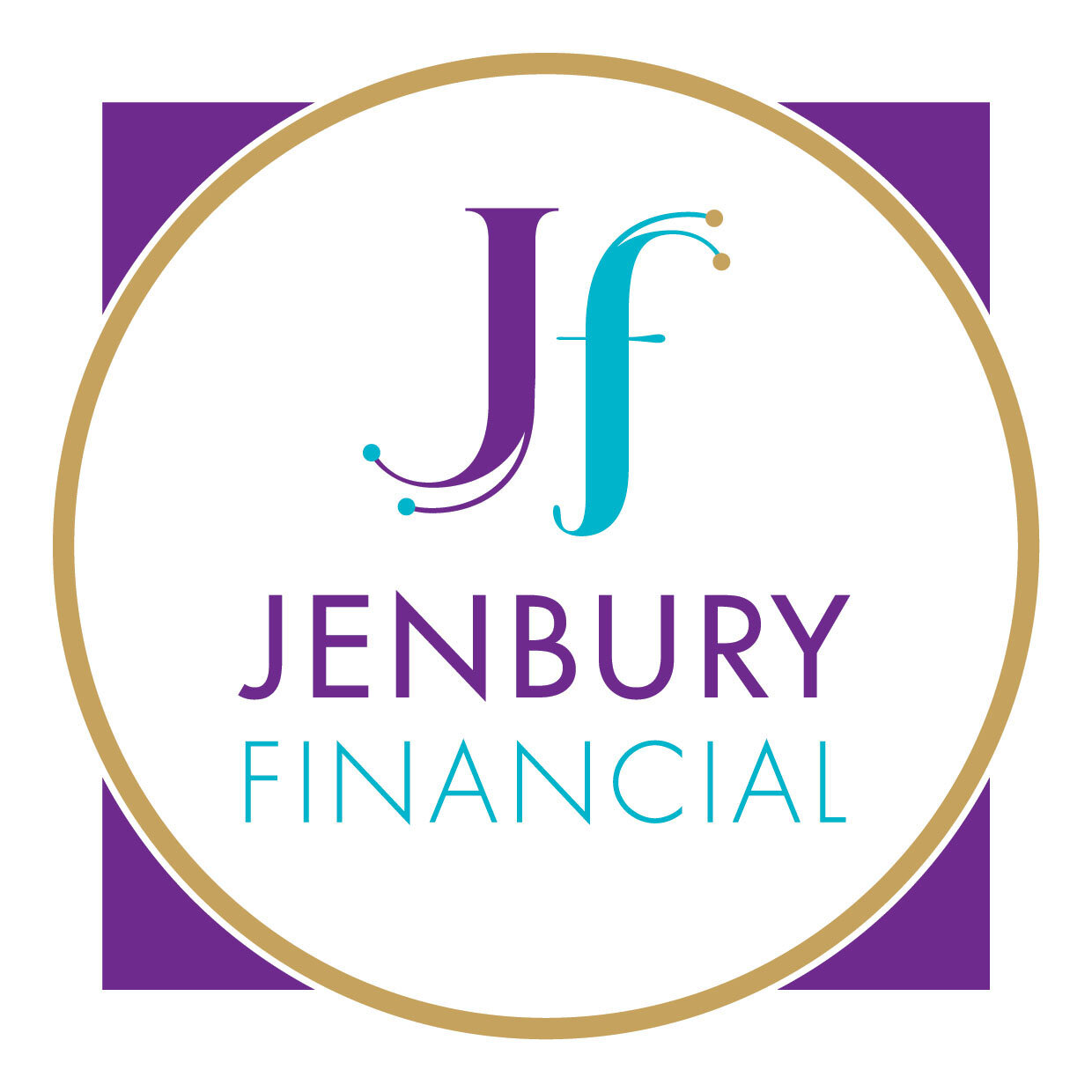Moving from Retirement to Financial Freedom
How you can break the shackles and still have a life?
Early in my career I decided that I wanted to specialise in Retirement Planning. There were 2 main reasons for this. First I liked the complexities of superannuation. And second I found that most average Australians, people who we want to work with, have a basic handle on their day to day finances.
By the age of 55 most people are usually debt free and while they may not be earning millions of dollars a year, they are earning a decent income and want to know what to do with it. About now they begin to think about the future and about retirement. However, they find it tricky to navigate the new complexities presented to them when they think about retirement such as superannuation, account based pensions, annuities and the age pension.
When we meet someone who wants help preparing for retirement, we ask the obvious questions: When would you like to retire? How much do you need to live on in retirement? And we usually get the obvious answers: age 65 and $60,000 per annum (for example). However, this has begun to change.
We look at Retirement Planning from a financial standpoint, because we are financial planners. But retirement is not just about the numbers, there is a large psychological element to it. Some people fear leaving work. They worry they will have nothing to do with themselves or they worry about who they will become, when their life is so closely tied to their job. But then others look forward to the next chapter in their lives.
The key, just like at any other stage in life, is to decide what you are going to do with your time. As per Maslow’s Hierarchy of Needs, once a person’s physiological and safety needs are fulfilled, a person needs social belonging, such as friendships, intimacy and family. Then people need to feel accepted and valued by others (esteem) and lastly, people have a desire to accomplish everything that they can, to become the most that they can be (self-actualization).
A person’s career can fulfil many of these last 3 levels, so giving it up can often send them into depression as they lose a sense of who they are. They begin to question how they are contributing to society and they begin to worry about money because their income is no longer an ongoing payment, it is a drawdown on their personal assets.
Depending on a person’s work, they may not have to give up work completely. Or they could take up something else in “retirement”, some part-time work or volunteer work. Not everyone wants to give up work. When you love what you do, it may be nice to continue doing it for longer than is the norm. These are some of the reasons why we are redefining retirement.
Rather than retirement being the cessation of full time employment, we define it as achieving financial freedom. Financial freedom is the point at which you have sufficient assets, including superannuation, to generate the level of income you need to live comfortably. At this point, you can choose to keep working, work part time, take on volunteer work, study something new or just kick back, relax and sleep in.
We encourage our clients to define Financial Freedom and start their journey towards it. To begin with:
You must have an income,
Then we can build assets which will produce passive income,
Put in place a financial plan built on the four foundation pillars of Cashflow, Debt Management, Risk Management and Estate Planning.
By changing from preparing for retirement to preparing for Financial Freedom, it is much clearer that this should be started as soon as we start earning an income, instead of waiting until we are winding down from work.
It is never too late to start planning, but don’t wait another day. Start now and achieve Financial Freedom sooner.



